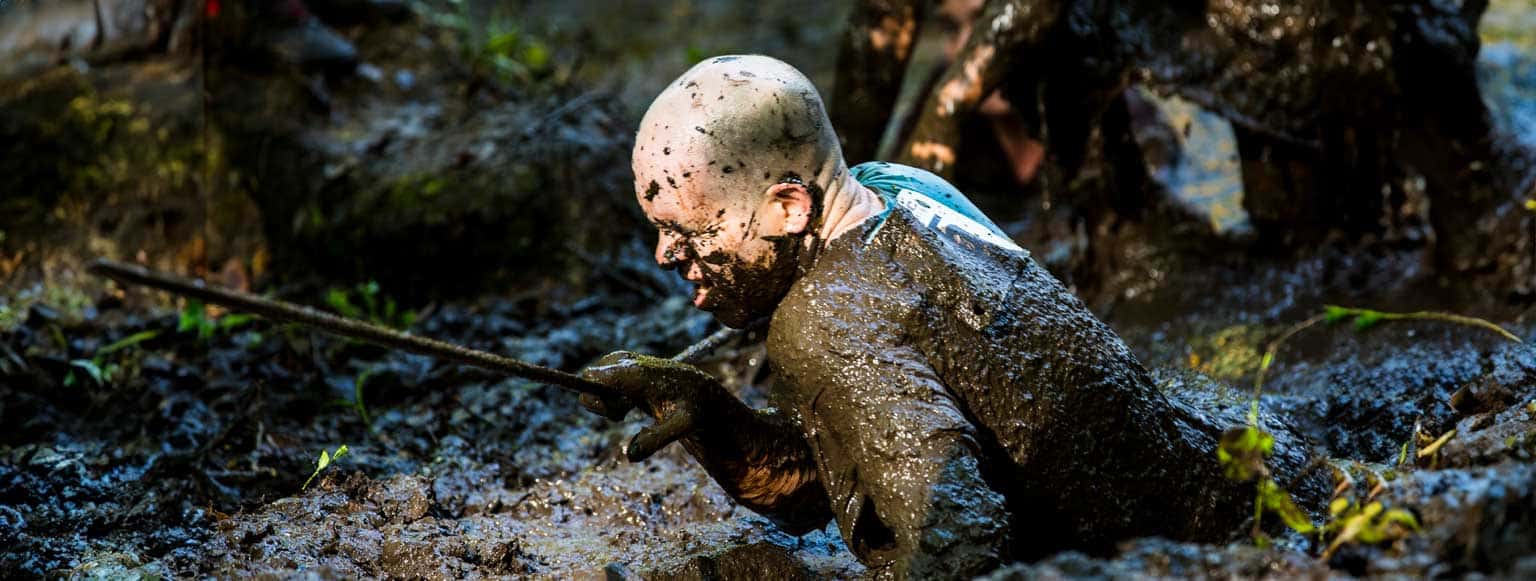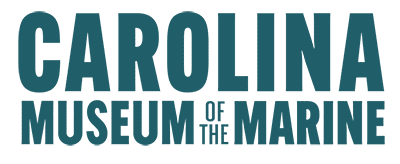One Improved Unit

For the past twelve months, we have looked at the eleven principles of Marine Corps leadership and the fourteen traits of a leader. Part of the purpose in this endeavor has been to show how the traits of a leader can be developed by anyone, whether military or not, and how leaders so defined can learn to apply skillfully the principles of Marine Corps leadership to any sort of human enterprise, including the all-important one of living a life well. The focus of this concluding essay on the principles and traits of Marine leadership is to discuss how these principles and traits describe the character of a well-developed human being, and to suggest how this contributes to the flourishing and happiness of individual human lives.
Albert Jay Nock (d. 1945) was an American writer and social critic who devoted much attention to the importance of personal growth and development to individual freedom. In 1943, he published one of his most widely read works titled Memoirs of a Superfluous Man, in which, in part, he tells the story of a long-time friend who had devoted much of his life to improving society through social legislation aimed at improving the way individuals behave. Nock recounts a conversation with this friend who announced to him that he had given up on the project of improving people through legislative direction. “My experience has cured me of one thing,” Nock’s friend explained, “I am cured of believing that society can ever be improved through political action. After this, I shall ‘cultivate my garden’.” The words about cultivating one’s own garden, Nock points out, are the concluding words of Voltaire’s popular book Candide. Concerning this expression to look after one’s own self-improvement, Nock writes: “To my mind, those few concluding words sum up the whole social responsibility of man. The only thing that the psychically-human being can do to improve society is to present society with one improved unit (Nock’s emphasis). …[T]hat is, the method of each one doing his very best to improve one.” If we wish to contribute to the improvement of our society, Nock urges, each of us should focus on improving himself, and in this way present to society what Nock calls “one improved unit.” In what remains of this writing, we will look at ways in which cultivating the traits of a Marine leader and learning from the principles of Marine Corps leadership contribute importantly to self-improvement, to improving the “unit” or the individual human being that each of us is, and in this way to making our society better.
When studying the history of western ethics, a prominent element in this discipline are the four cardinal virtues. These are qualities of character that each person can develop and which, when possessed, constitute a well-formed human being. The cardinal virtues are to be understood as a single phenomenon in four parts proceeding from prudence, to justice, to courage, to temperance. In this tradition of thought and practice, prudence is a complex virtue that involves the whole individual in both the physical and spiritual dimensions. For this reason, analyses of prudence tend to be long and demanding, in fact, too long and demanding for a short essay on the traits of a Marine Corps leader, but it is important to understand that for justice, courage, and temperance to be virtues in an individual, they must be expressions of a prudent person. As puzzling as this might sound, when looking over the list of the traits of a Marine Corps leader, one sees, taking them together, an outline of a person who possesses the virtue of prudence. This is why we have insisted throughout our discussions of the traits of a Marine leader and the principles of leadership that the traits can be learned, to varying degrees, by anyone, and anyone who has the traits of a leader can learn to employ the principles of leadership with skill, that is, with prudence.
If we think of the fourteen traits of a leader as a kind of inner structure of a well-formed human being, we might reasonably argue that the cornerstone of the edifice is unselfishness, since without this quality, it is exceedingly difficult to grow in other ways. Moreover, someone in a position of leadership who is selfish will not retain the confidence of the people he leads because the people in his unit will see that the leader is not concerned for their interests except as they serve his, or at least don’t interfere. An important trait of a Marine leader is loyalty which, at its core, is an expression of unselfishness. Loyalty is elicited in people who see themselves as belonging to something that is larger and more important than they are, like family and country, and so is worthy of defense and devotion. Of course, people are willing unselfishly to sacrifice in defense of what they love because it is an object of their loyalty. The early 20th century English writer G.K. Chesterton wrote that a soldier fights not because he hates what is in front of him, but because he loves what is behind him.
A Marine leader must possess the personal trait of justice. Aristotle (d. 322 B.C.) put special weight on the virtue of justice because it involves the well-being of everyone in the city and not that of an individual alone. It is clear, then, that in order to develop the virtue of justice, one cannot be selfish, and this because the heart of justice is the commitment to give to each person what is due to him. Commitment to give to each person what is his due means also that one is committed not to take for oneself what is not yours, but the fact that this basic principle of justice is not self-defining means that a leader must possess also the traits of judgment and integrity by means of which one can discern in any set of circumstances what actions are required by justice. Here we can see the fundamental importance of the Marine Corps leadership principle of knowing oneself and seeking self-improvement for by conducting oneself in this way a person grows in the important traits of unselfishness, loyalty, justice, judgment and the other qualities that define a person able to lead himself and others, forming them into an integrated personality which is what it means to possess integrity.
To know oneself and to seek self-improvement both requires and develops the leadership traits of initiative, endurance, and dependability. These traits entail one another since, though it is possible naturally to be dependable or to endure in the face of challenges whether physical or intellectual, one will not develop these natural tendencies without challenges in which one must display initiative in order to endure and to be a dependable member of a team. It is interesting to observe that as one grows in the development toward being a Marine leader, one comes ever better to know himself, and thus ever more effective at growing as a human being. We properly study the principles and traits of Marine Corps leadership but it is important to recognize that before one becomes a Marine, one is a human being, subject to the flaws and weaknesses that mark what is often called “the human condition.”
In our offices at Carolina Museum of the Marine, we have a poster for a movie starring Jack Webb called The D.I., in which Webb plays a Marine Corps drill instructor named Jim Moore. On the poster, Moore is quoted as saying: “Give me a boy, and in twelve weeks I’ll give you a Marine.” People who have been through Marine Corps boot camp understand the kind of change Webb’s character refers to, but may not readily understand also that the change one has experienced is just the beginning, if the opportunity is taken, of a journey of growth and transformation not only as a Marine, but as a human being. Earlier in this essay we made reference to the history of western ethics, and while it is clear, especially when examining the principles of Marine Corps leadership, that these are distilled from experience in the long history of the Corps, they are also, and especially the traits of a leader, drawn from the long history of thought and practice in western study of human nature and the ethics of human conduct. The questions that animate the study of ethics, and the principles and traits of Marine Corps leadership, remain important to us because we remain human, and as Americans we remain in need of a Marine Corps. Thus, we can confidently urge ourselves and our countrymen ever to seek to present to Corps and Country “one improved unit.”


